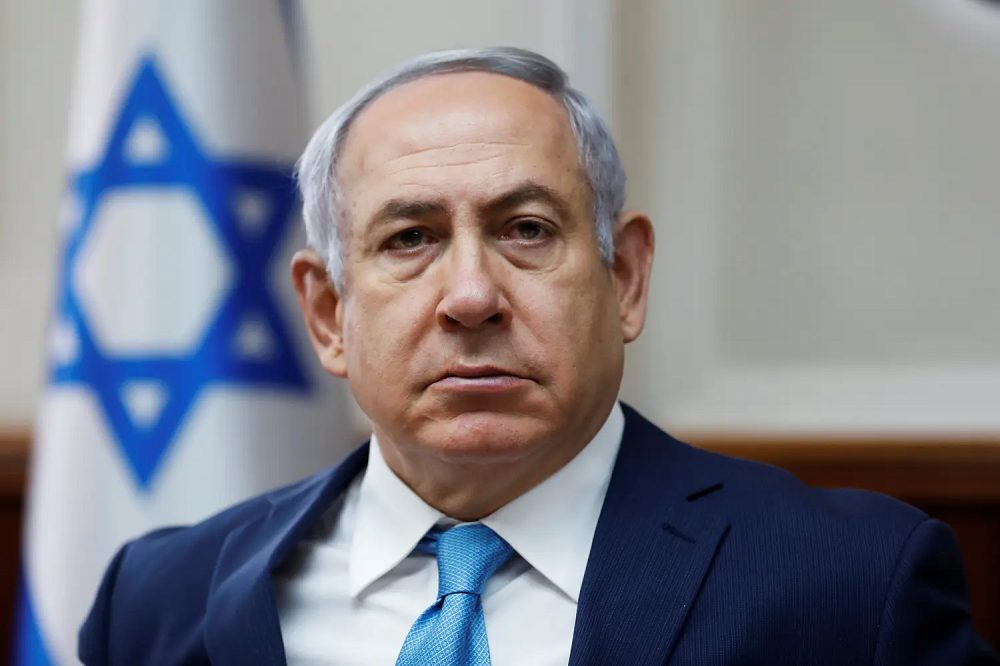Netanyahu Launches Escalated Offensive Against Iran Amid Growing Fears of Wider Conflict
Netanyahu vows to keep striking Iran until its nuclear threat and regime collapse, sparking fears of all-out regional war.
As missiles hit Israeli cities and Iran readies more attacks, the world braces for a conflict with devastating consequences.
Israeli Prime Minister Benjamin Netanyahu has launched what many are calling an unprecedented and high-risk military campaign against Iran, intensifying fears of a full-scale regional war. In a firm declaration to his citizens and the international community, Netanyahu said the operation would continue “for as many days as it will take” making it clear that his goal is not only to dismantle Iran’s nuclear capabilities, but also to push for the collapse of the Islamic regime.


This aggressive move has escalated tensions dramatically, marking a new and dangerous chapter in Middle Eastern geopolitics. The Iranian leadership, led by Supreme Leader Ayatollah Ali Khamenei, is interpreting this as a fight for the very survival of their government a confrontation they have long anticipated and prepared for. In response, Iran is now fully mobilizing its military assets and appears ready to unleash the full weight of its arsenal.
While Iran’s retaliatory strikes have so far been measured, the stakes are rising quickly. Israeli intelligence reports estimate that despite the blows Iran has suffered over the past 20 months amid various regional skirmishes, the country still possesses around 2,000 ballistic missiles and retains the capability to manufacture more. These weapons are now being launched toward Israeli cities and strategic facilities.
In Tel Aviv, residents have reported multiple explosions near populated areas. While it appears that Iran is aiming at high-value military targets such as the Defense Ministry and nearby infrastructure, many missiles are landing in residential neighborhoods. Whether these misfires are intentional or the result of technical imprecision, the risk of mass civilian casualties on both sides is becoming alarmingly real.
Meanwhile, there is growing concern that the United States could be drawn into the conflict. Although Iranian military leaders have warned that U.S. bases in the region may be targeted if the war intensifies further, Tehran’s top brass are wary of triggering a direct confrontation with Washington. Iran’s leadership knows that they are unlikely to prevail against American military might, either on the battlefield or in the realm of international diplomacy.
Historically, Iran has relied on the restraint of successive U.S. presidents to avoid direct conflict. Past leaders in Washington have consistently urged caution, often pressing Israel to hold back from attacking Iran’s nuclear infrastructure, fearing that such actions could spiral into an uncontrollable war.
Former U.S. President Donald Trump, whose administration took a far more aggressive stance against Iran, has denied giving Netanyahu a direct green light to proceed with military action. However, some analysts believe that even a symbolic “amber light” from the U.S. may have emboldened Israel to act.
Now, with missiles flying and military rhetoric escalating, the Middle East teeters on the edge of a wider and more destructive war. The international community watches anxiously, with no clear sense of how or when this high-stakes conflict will come to an end.



